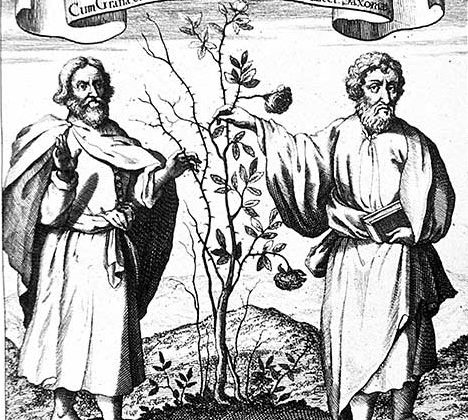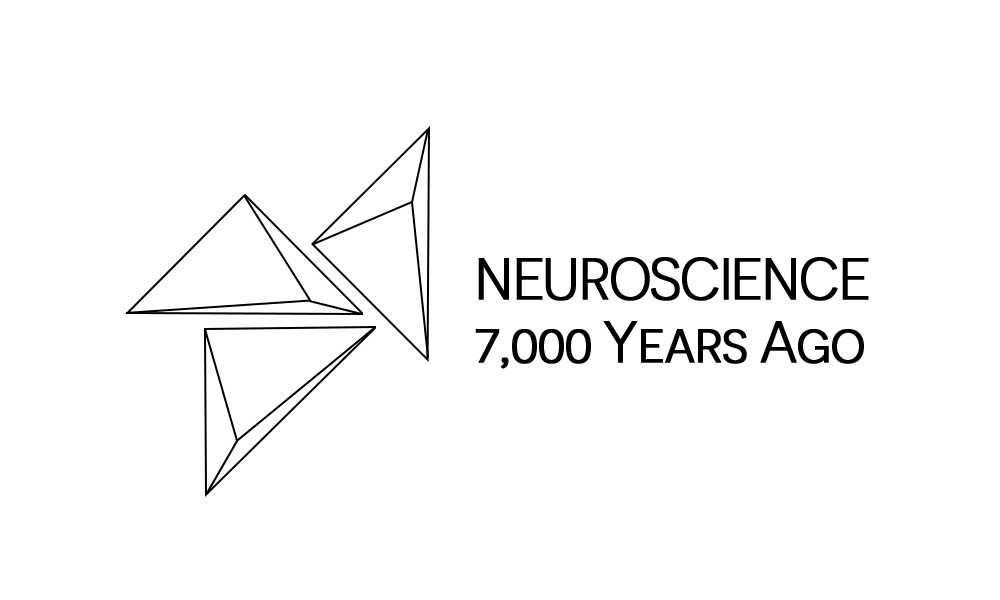
Idolizing but Still Scientifically Arguing
Galen idolized Hippocrates, whose words, he declared, were “the voice of a god.” He said that Hippocrates had never written anything untrue and bemoaned the fact that physicians in his own time could not hold a candle to the ideal physician of days past. He added that he hoped to meet Hippocrates after his own death, feeling confident that his own soul would ascend directly to heaven. He also venerated Aristotle, the most outstanding natural philosopher of Greece’s Golden Age.
But despite his appreciation of Aristotle’s accomplishments, his empiricism, and his search for the truth, he could not accept Aristotle’s assertion that:
- The brain’s job is to cool the passions of the heart.
- Nerves originate from the heart.
Galen believed that Nature would have put the brain closer to the heart if Aristotle’s “refrigeration” or “radiator” theory had merit. He made this point in one of his most important treatises, De HSU partium, translated as On the Usefulness of the Parts of the Body. This work, presented as a “hymn of glory to the Creator of Man,” was written when he was forty-four years old and at the peak of his intellectual vigor. In the text, he maintained that a crude, inert, and formless sponge, rather than a complex brain, would suffice if a large cooling organ were really necessary.
He also argued that another of Aristotle’s basic premises is false through:
- He put his own hands on the brain of a living animal and it did not feel cool in the least.
- He had traced the nerves from the various sense organs to the brain, not the heart.
- In addition, his related discovery that nerves from the brain control voice served to debunk the idea that thought, which is closely related to speech, is a function of the central heart.
- He showed that stupor can result from pressure on the brain.
- Changes in sensation, perception, and cognition that can follow human head injuries.
Thus, Galen had every reason to believe that the brain is not simply a cooling machine, and further, that it is the true organ of mind. As he saw it, Hippocrates and Plato had been correct. Aristotle, who was observant and brilliant in so many ways, was wrong when it came to the brain [1].
References:
1 Finger, S.: ‘Minds behind the brain: A history of the pioneers and their discoveries’ (Oxford University Press, 2004. 2004)


